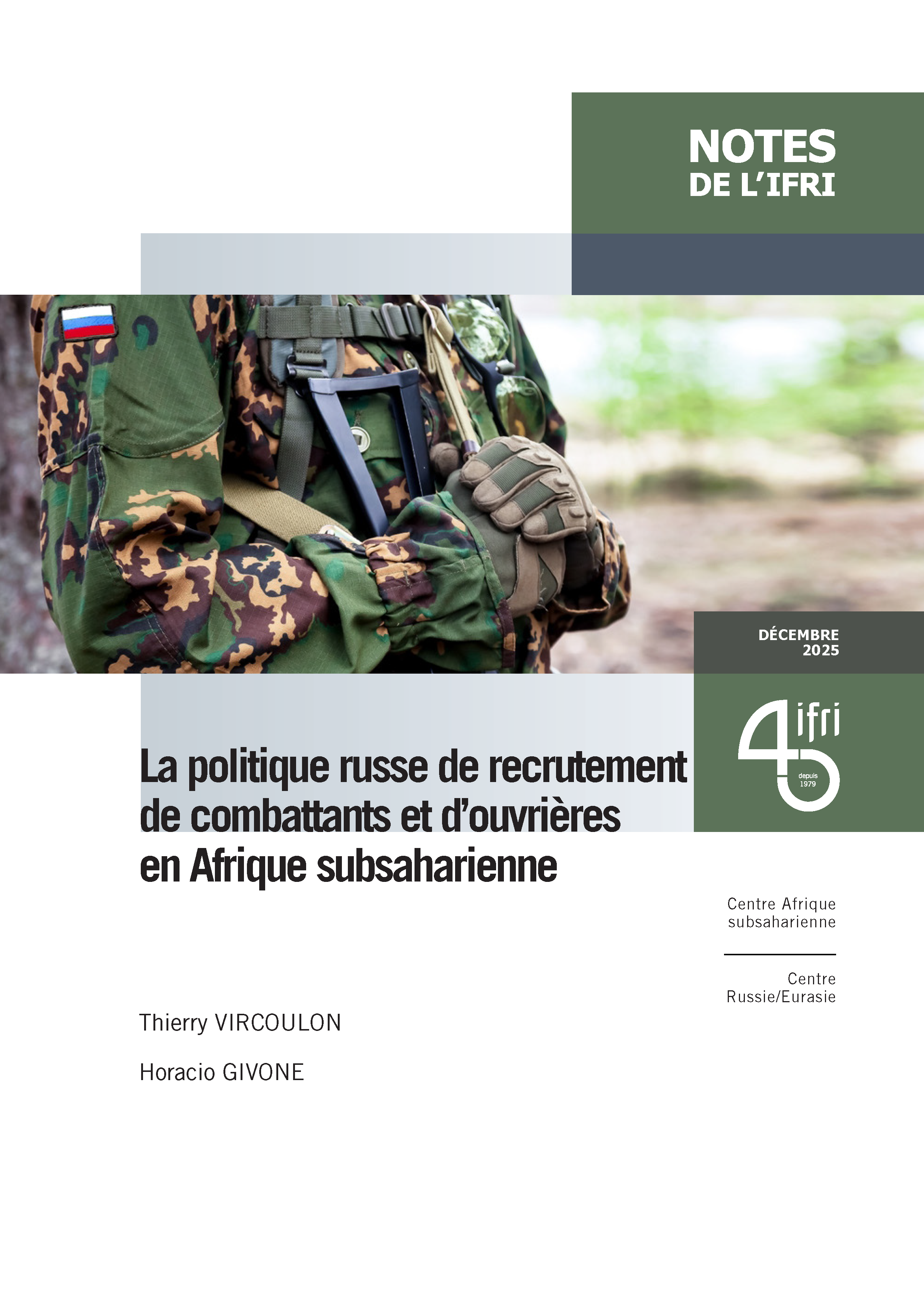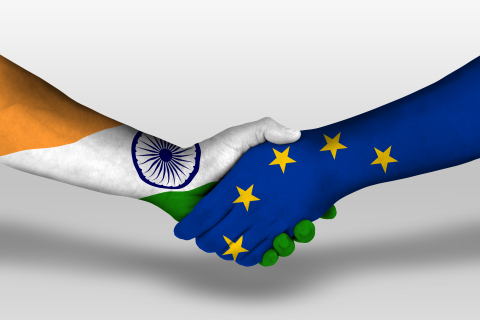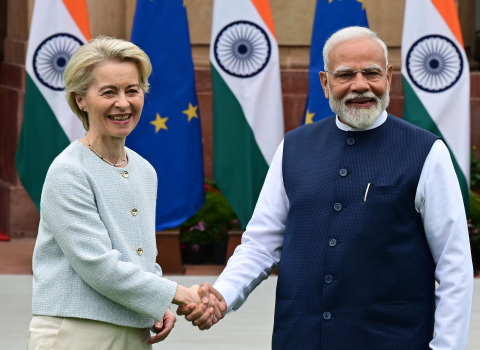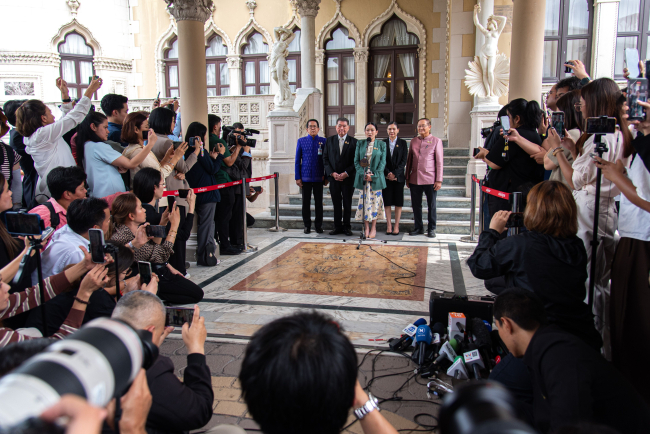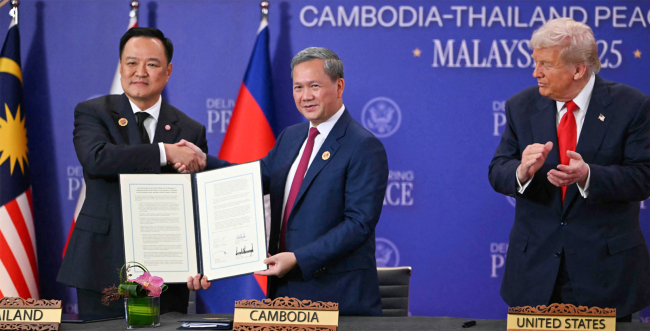China's Direct Investment in the European Union: Challenges and Policy Responses
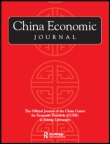
The dramatic rise of Chinese direct investment into the European Union has sparked a debate about the control that China may be seeking to take over European economies. Quite naturally these concerns have led to repeated calls that action be taken to slow down, if not to halt entirely, this growing trend. The objective of the paper is to shed light on this debate. Following a thorough analysis of Chinese direct investment in the EU, the paper suggests that the challenges posed by these inflows are widely overblown. Despite this, the paper concludes that it is necessary to have a systematic approach to regulating inbound foreign investment (including from China) in the EU. Such an approach may help guard against the risk of a protectionist drift inside the EU, as well as the possibility that some investors may one day pose a threat to national security. The paper concludes that although the current fragmented regulatory approach is unsatisfactory, due to the difficulties associated with a unified EU-wide review process, the most realistic option is to promote a more systematic and coordinated use of existing mechanisms such as competition policy. Also, pushing for the negotiation of a China-EU BIT is certainly a promising avenue to enhance the EU"s bargaining leverage based on the principle of positive reciprocity.

Contenu disponible en :
Régions et thématiques
Utilisation
Comment citer cette publicationPartager
Centres et programmes liés
Découvrez nos autres centres et programmes de rechercheEn savoir plus
Découvrir toutes nos analysesCrise politique en Thaïlande : la tactique du chaos
La Thaïlande a replongé à l’été 2025 dans une crise politique profonde. La suspension de la Première ministre, Paetongtarn Shinawatra, par la Cour constitutionnelle a provoqué l’implosion de la coalition au pouvoir. Cette crise ressemble pourtant aux précédentes. Une banalité répétitive qui interroge à la fois le sens des responsabilités des principaux dirigeants et qui génère au sein de la population un cynisme mâtiné de résignation.

Ouverture du G7 à la Corée du Sud : relever les défis mondiaux contemporains
L'influence mondiale du G7 s'est affaiblie à mesure que des puissances telles que la Chine remodèlent la gouvernance internationale à travers des initiatives telles que les BRICS et l'Organisation de Coopération de Shanghai (OCS). Le G7 ne représentant plus aujourd'hui que 10 % de la population mondiale et 28 % du PIB mondial, sa pertinence est de plus en plus remise en question.
Cambodge-Thaïlande : un accord de paix en trompe-l’oeil
Après le Moyen-Orient, Donald Trump a vu en Asie du Sud-Est une nouvelle opportunité de consolider son image de président faiseur de paix. Confirmée à la dernière minute par la Maison-Blanche, sa participation au sommet de l’Association des Nations d’Asie du Sud-Est (ASEAN) a ainsi été conditionnée à l’organisation en grande pompe d’une cérémonie de signature d’un accord de paix entre le Cambodge et la Thaïlande.
Le rôle clé de la Chine dans les chaînes de valeur des minerais critiques
La Chine occupe aujourd’hui une position dominante dans les chaînes de valeur des minerais critiques, de l’extraction à la transformation jusqu’aux technologies en aval. Cette suprématie repose sur des décennies de politiques industrielles et lui confère une influence stratégique considérable sur la sécurité d’approvisionnement mondiale, notamment pour l’Union européenne.



